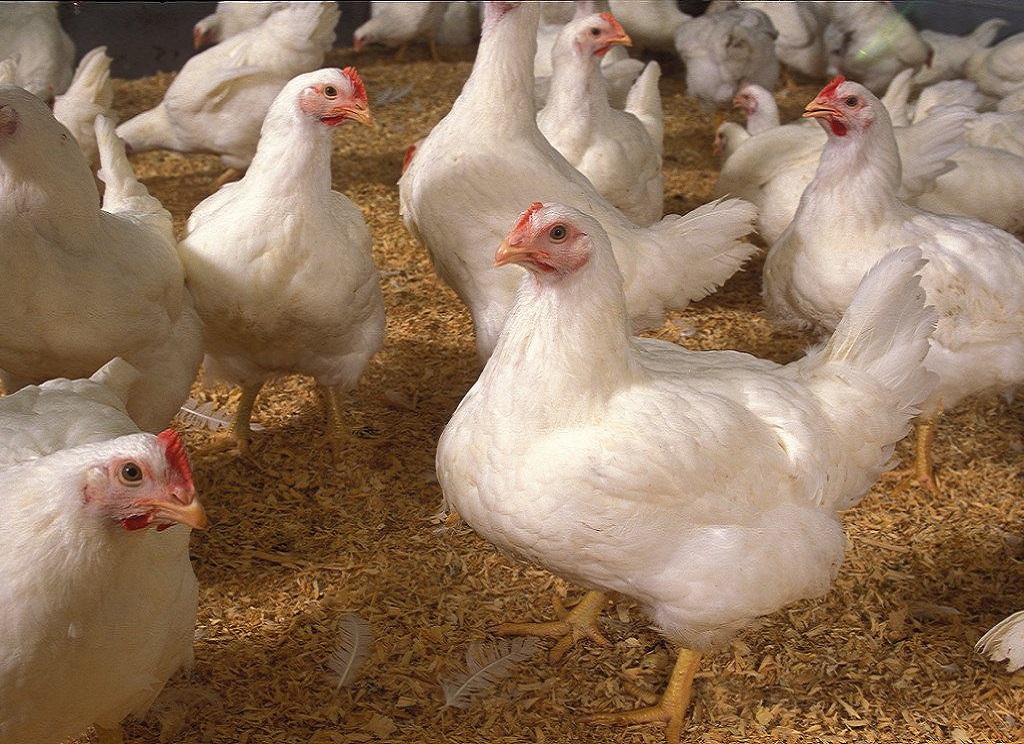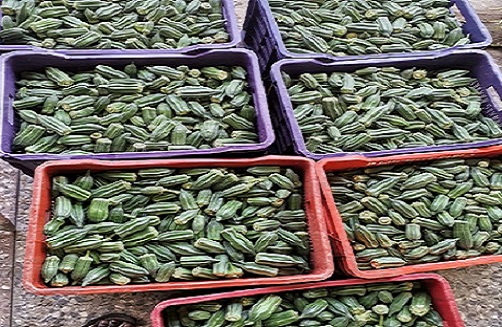Farm planning
This involves assessing the viability and potential profitability of a farm, as well as creating a comprehensive farm plan that outlines goals, strategies, and timelines for achieving them.


We offer consultation services to meet the needs of your farm; providing advice and expertise in various aspects of farming, which could include:

This involves assessing the viability and potential profitability of a farm, as well as creating a comprehensive farm plan that outlines goals, strategies, and timelines for achieving them.

Consultants may provide guidance on livestock selection, breeding, nutrition, health care, and overall management practices to optimize productivity and animal welfare.

Consultants can help farmers make informed decisions on crop selection, planting techniques, nutrient management, pest and disease control, irrigation, and harvesting practices.

Consultants can assist farmers in analyzing their financial records, evaluating profitability, and identifying areas for improvement in terms of cost management, revenue generation, and cash flow.

Farm consultants can assist farmers in understanding and complying with local, state, and federal regulations related to food safety, animal welfare, environmental protection, and labor laws.

Consultants can help farmers identify potential risks and develop strategies to mitigate them, such as developing contingency plans for extreme weather events, disease outbreaks, or market fluctuations..

With increasing emphasis on sustainable farming methods, consultants may provide advice on implementing environmentally friendly practices, such as organic farming, conservation tillage, crop rotation, and water conservation.

Farm consultancy services aim to provide expertise and support to farmers, helping them make informed decisions, improve productivity and profitability, and adopt sustainable and responsible farming practices. We also offer consultation in the various areas:





This includes routine check-ups, vaccinations, and parasite control.

Veterinarians use various diagnostic tools, such as blood tests, x-rays, and ultrasounds, to diagnose and monitor a variety of conditions.

Veterinary services encompass a range of treatments, including medications, surgery, dental care, and rehabilitation therapy.

Veterinarians provide emergency services for animals in critical condition or experiencing sudden, life-threatening health issues.

Some veterinarians specialize in certain areas, such as dermatology, oncology, or cardiology, and offer specialized treatments for specific conditions.

Veterinarians also provide compassionate end-of-life care, including euthanasia services when necessary.

Veterinarians play a crucial role in educating pet owners about proper pet care, nutrition, behavior, and overall wellness.